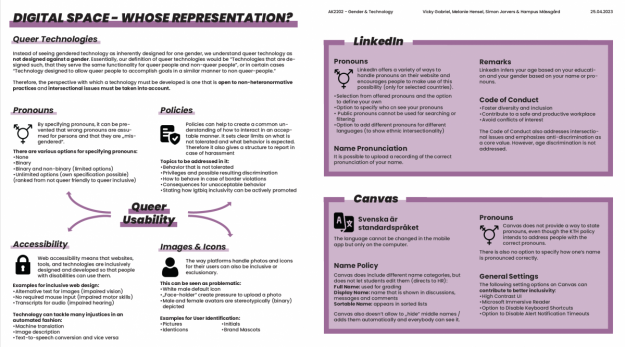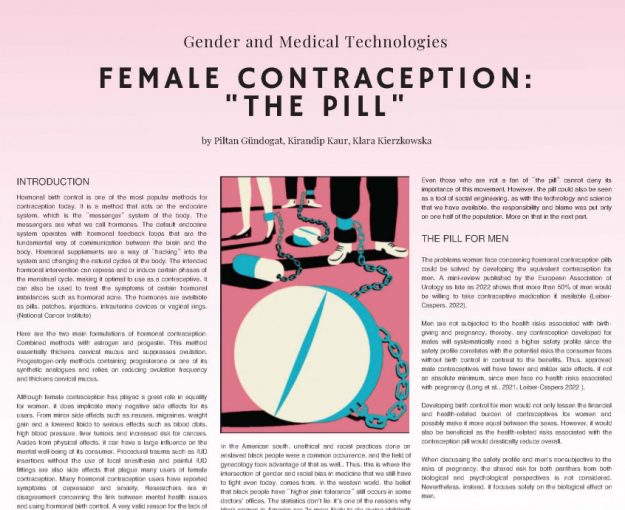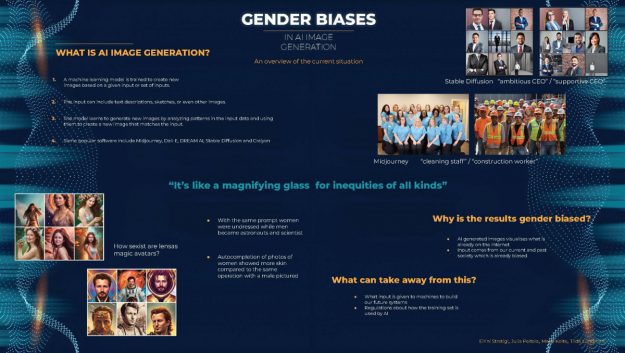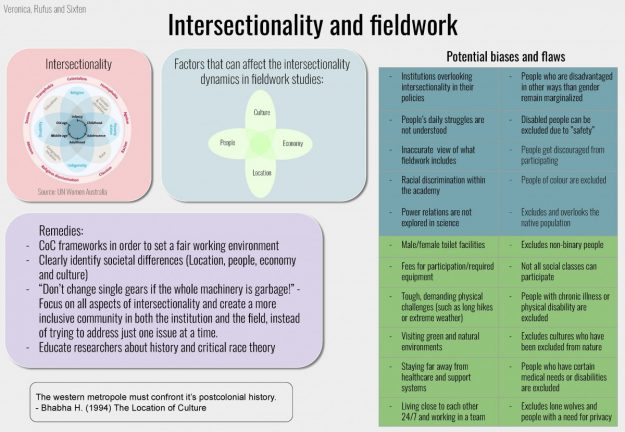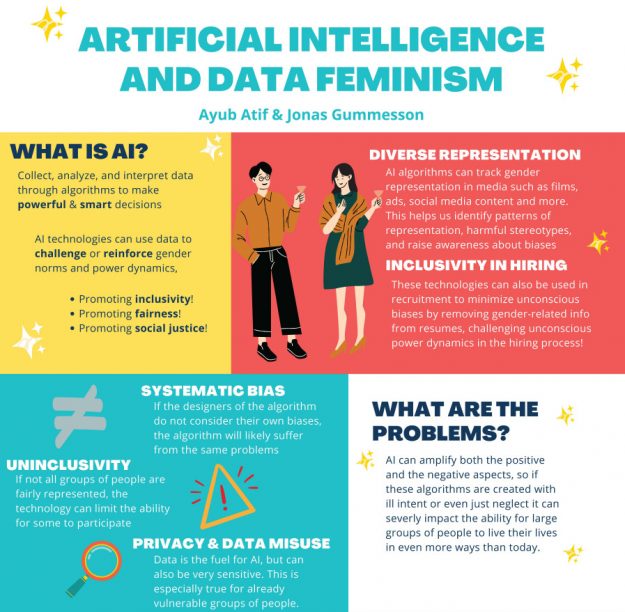Our division is engaged in multiple forms of teaching. This did not change during the pandemic. The new reality, dominated by working from home and thus increasingly online, forced us to find new ways of teaching.
It was paramount to keep the same level of quality while moving whole courses online and dealing with the restrictions, such digitised interactions entail. By transferring courses online, which usually would include a mixture of lectures, small-group seminars and excursions, many challenges came up.
First of all, we needed to ensure that basic functions of our courses could be established online and that the continuation of our students’ education was ensured. During the first months of the pandemic, this was based a lot on improvisation and on an extensive usage of already existing infrastructure, such as Canvas, the course web and, especially, tons of emails. Luckily, IT-support made Zoom very quickly available. The initial transition happened surprisingly smooth.

But, as the saying goes, at every level there is another devil: problems occurred, while time progressed and experiences in online teaching added up. How can you ensure that your students can learn in the best way possible if you lose to a big extent the direct contact with them? How can you keep concentration and interest levels high if zoom-fatigued individuals challenged with all kinds of non-education related issues were under more and more pressure? How could you, as a teacher or course administrator, deal with the unplanned extra work resulting from unforeseen additional tasks?
These were only some questions which came up during the last year. Our division was able to develop some strategies to cope and thus fared fairly well during this time. To communicate and discuss our experiences, four scholars of our division have taken part in this year’s KTH SoTL: Learning Spaces Conference. The following is a short report on their panel.

Per Högselius (head of undergraduate teaching), Kati Lindström (course responsible in Energy Systems in Society and in History of Science and Technology, teacher in Perspectives on Science, Technology and Landscape in Time and Space), Katarina Larsen (Course responsible in Swedish Society and teacher in Gender and Technology) and Siegfried Evens (course coordinator in Swedish Society, Culture and Industry in Historical Perspective and teacher in Energy Systems in Society) presented together our experiences at the division.
Per began with an overview over our various courses we offered during the last year. It was a broad range, reaching from Swedish perspectives on progress, industrialisation and system-approaches, over energy and geopolitics, to political ecology, science fiction and gender in technology.
Kati followed with small meta-studies on our e-learning performance. One critical point was here the usage of Canvas, which as a course administrating tool, had maybe outlived itself in the current circumstances. It became important to use as much diversity as possible, by including audio, video, standard presentations and possibilities for interaction as well as discussions among the students. It became also clear that students were highly versed in digital tools but not necessarily in the humanities’ ways of reading and writing texts. This discrepancy needed to be bridged by teachers and used technology. There were already a lot of tools being used, some of which were Mentimeter, Kahoot and Padlet.
Katarina continued with introducing two innovative ways in teaching. One was the distance teaching walk done with small groups of students as replacement for a regularly scheduled excursion and the other a specific mapping exercise linked to this walk done in Nearpod. By working in our Swedish Society Course, Katarina introduced this new form of excursion by building upon smartphones’ ability to using geographic locating devices. In this way, students could walk across the area of Liljeholmen and get specific tasks and information at respective locations. Later on during the seminar, students could then draw their ideas for improved urban planning in this area on a map presented in Nearpod. Thus it was possible for students to experience this excursion and an important part of the course, even though big-group excursions had to be cancelled. It was on the outside and student groups did not exceed about 5 people at a time.
Siegfried rounded up the panel with the presentation of the interactive teaching tool Nearpod. This tool, which he introduced in our Swedish Society Course first, enables teachers and students to interact with each other during a presentation. In this way, the limitations of power point are easily overcome. We only got positive feedback from our students on this, so Siegfried went along and showed our experiences to colleagues from other schools. From my personal experience, Nearpod was very important in diversifying our ability as teachers in engaging with the students digitally. Its use should therefore be promoted.
In total, this panel was successful in showing innovative ways on how to improve our digitised forms of teaching. At this stage, it is important to have an ongoing dialogue with other departments to exchange ideas and reflections. This panel has been a great start for that. As the pandemic continues, digital teaching will stay with us. When eventually real-life teaching will become practice again, the experiences we are collecting right now will turn out very useful in the future. I am sure they will transform contemporary forms of teaching even in a long, and hopefully pandemic-free, perspective.
By Achim Klüppelberg
Author Tirza Meyer, course responsible teacher for Gender & Technology, 2023.

